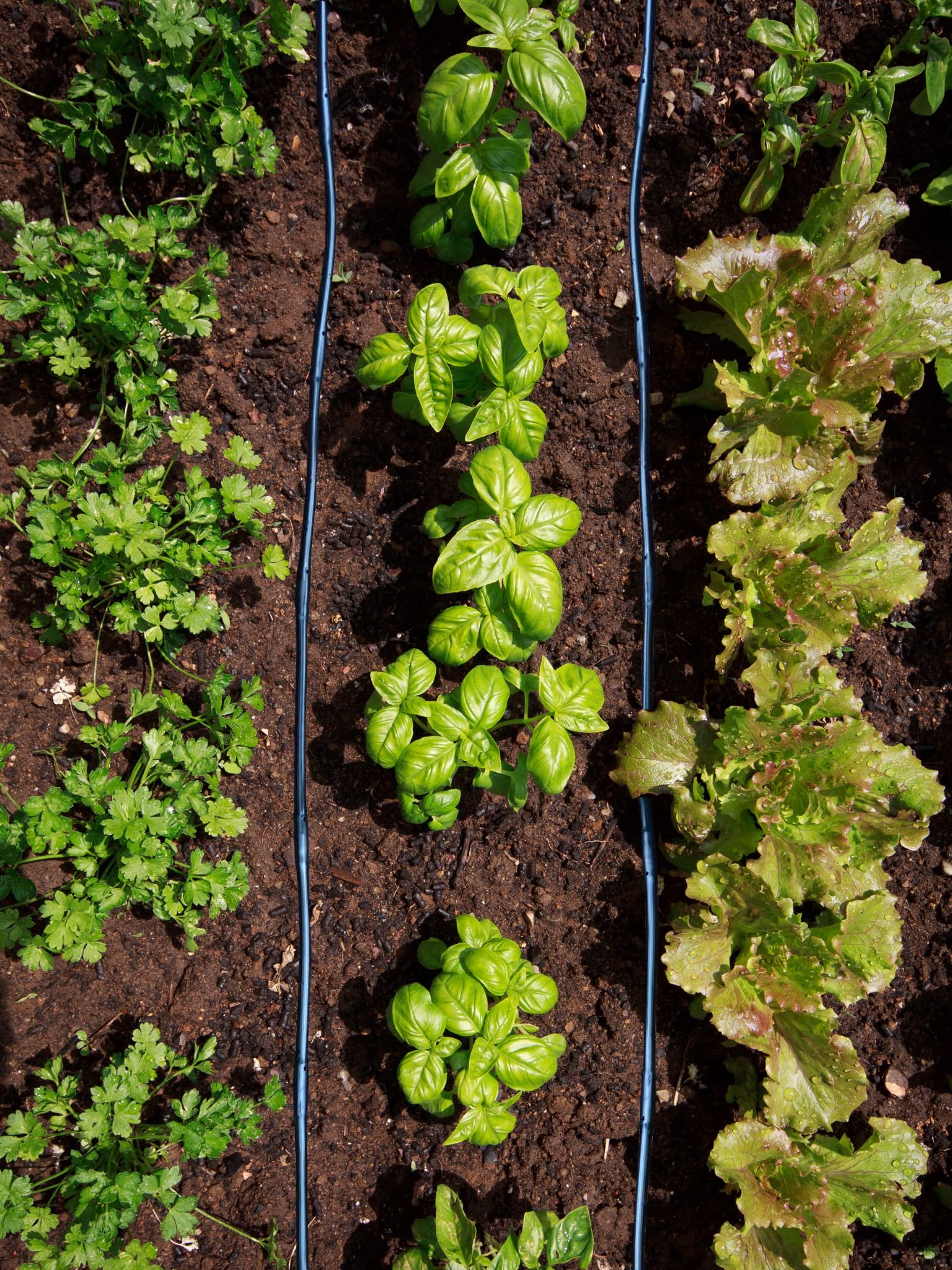

As global agriculture evolves and water resources become increasingly scarce, drip irrigation pipes have emerged as an efficient and water-saving irrigation technology. This technology is rapidly gaining popularity and playing an increasingly important role in modern agriculture. With its unique advantages, drip irrigation pipes offer a more intelligent and environmentally friendly solution for farmland irrigation.
Water Efficiency: The Core Advantage of Drip Irrigation Pipes
Drip irrigation pipes deliver water directly to the roots of plants, minimizing evaporation and leakage losses. Research shows that drip irrigation can reduce irrigation water usage by 30% to 50%, significantly improving water resource utilization. Additionally, drip irrigation pipes can precisely control the water supply according to the plants' needs, avoiding over-irrigation and water wastage.
Improving Crop Yield and Quality
The precise irrigation provided by drip irrigation pipes not only conserves water resources but also promotes healthy crop growth. By providing stable and appropriate amounts of water, drip irrigation systems can significantly increase crop yield and quality. For example, in fruit tree cultivation, drip irrigation pipes ensure that trees receive sufficient water during critical growth periods, enhancing the sugar content and taste of the fruits.
Reducing Pests and Weed Growth
Traditional irrigation methods often lead to overly moist soil, which can foster pests and weeds. Drip irrigation pipes, by delivering water directly to the plant roots, reduce soil surface moisture, thereby decreasing the likelihood of pest and weed growth. This reduces the need for pesticides and herbicides, protecting the ecological environment.
Adaptability to Various Terrains and Soil Conditions
Drip irrigation pipes are highly adaptable, functioning effectively in flat farmland, slopes, and even desert areas. This adaptability has led to the widespread application of drip irrigation technology worldwide. Especially in arid and water-scarce regions, the use of drip irrigation pipes has brought significant economic and social benefits to local agricultural production.
Intelligent Management and Cost Savings
Modern drip irrigation systems often incorporate advanced sensors and control technology, enabling automation and remote control. Farmers can monitor and adjust irrigation parameters in real-time through mobile phones or computers, greatly improving management efficiency. Additionally, the installation and maintenance costs of drip irrigation pipes are relatively low, and long-term use can significantly reduce overall agricultural production costs.
Conclusion
As an efficient and water-saving agricultural irrigation tool, drip irrigation pipes offer multiple advantages, including water efficiency, improved crop yield and quality, reduced pests and weed growth, adaptability to various terrains and soil conditions, and intelligent management and cost savings. With continuous technological advancements and widespread application, drip irrigation pipes will play an even more crucial role in future agricultural irrigation, contributing to global food security and sustainable development.